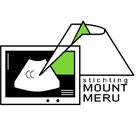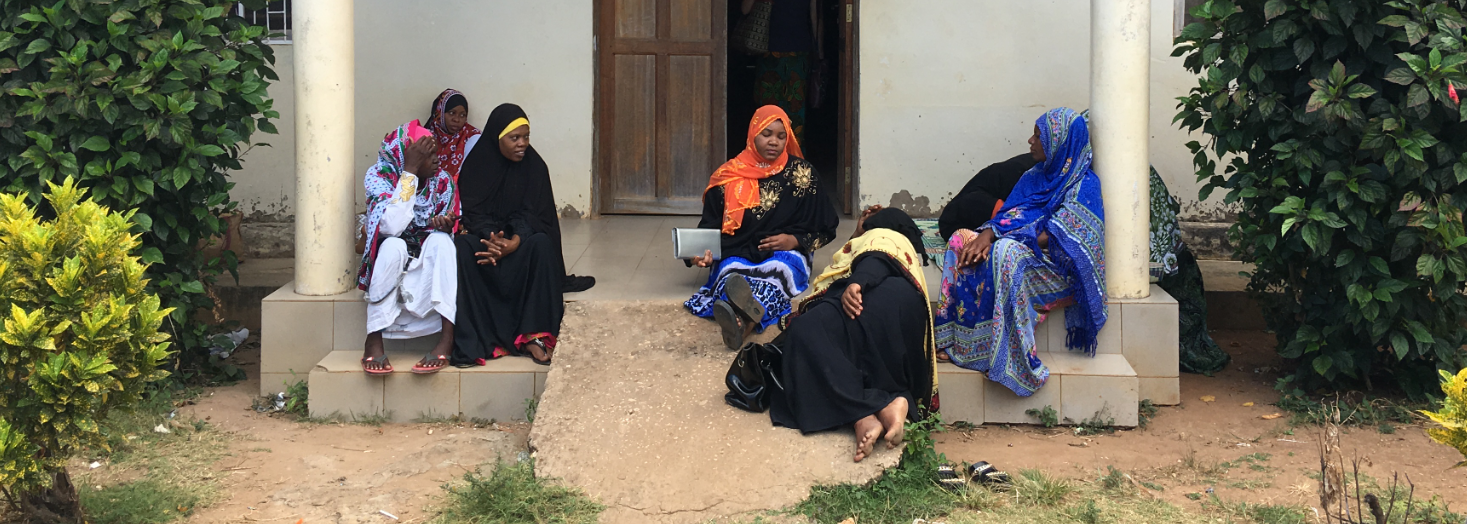improves mother and child care in Afrika

It's time to leave the mainland and head towards Zanzibar, the tropical island in the Indian Ocean off the east coast of the United Republic of Tanzania. We make the crossing in a single-engine plane from Tanga, an adventure in itself.
From the air, we already have a beautiful view of the azure blue sea and the white beaches. It instinctively evokes a desire for a vacation, but there is work to be done here on Zanzibar as well. Fortunately, we are joined by Regina Namumba, our local ultrasound trainer from Tabora. We brought her over to provide hands-on ultrasound training for Johanna, who has been trained with the help of the foundation, and a few novice ultrasound technicians.
On the first morning, Johanna takes us around the three clinics where she has set up ultrasound clinics in the past year. Thanks to the foundation's mobile ultrasound device, she can easily rotate between these clinics. Compared to our last visit in 2018, there is visible progress on Zanzibar. The clinics are well-maintained, and the Chukwani clinic we visit later has undergone a nice renovation.
Both with Johanna and Regina, it's a warm reunion. The last time we met them, our former chairperson Margriet was also present. We reminisce about warm memories because thanks to Margriet, so much has been set in motion! The fruits of that are becoming increasingly visible, even here.
There's not much time for long conversations, though, as in the early morning, at least 40 pregnant women are already waiting for an ultrasound. To handle this influx and simultaneously create space for training, two ultrasound clinics are quickly set up. Regina takes the students under her wing while Saja ensures efficiency in the other clinic, allowing the women to go home before the heat of the day. Because it's tropical hot!
Meanwhile, Lucie and Anna Lied have started working with the Babychecker, an artificial intelligence-based instrument that uses ultrasound technology. The device is designed to allow untrained healthcare workers to perform risk selection during pregnancy. The experiment provides interesting insights into the possibilities and current limitations of such new technologies. Further development and validation seem necessary. For now, we are pleased to see experienced ultrasound technicians at work and as a foundation, we continue to focus on education.
Speaking of education, we hear that a three-year ultrasound training program started last year at the Stone Town hospital on Zanzibar. Ten ultrasound technicians from the island of Zanzibar and ten from the neighboring island of Pemba can participate. We are pleased with this positive development!
In between, we enjoy some sea and beach and immerse ourselves in the local culture. Satisfied, after five days on Zanzibar, we conclude our special, intensive, and inspiring journey, boarding the plane with plenty of ideas and homework in our luggage!




